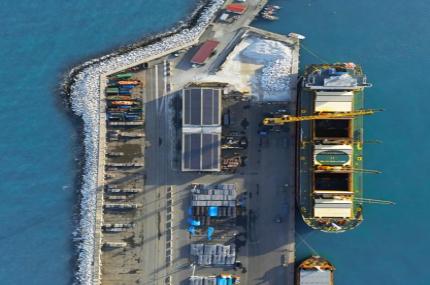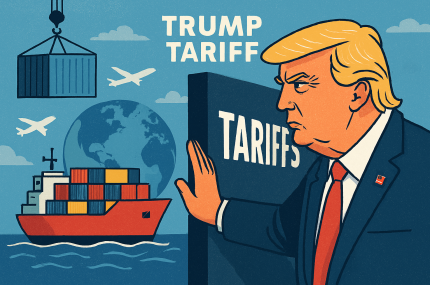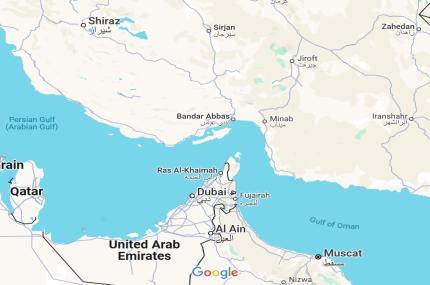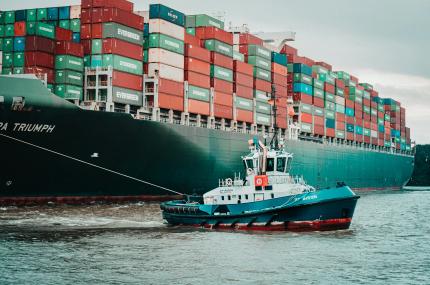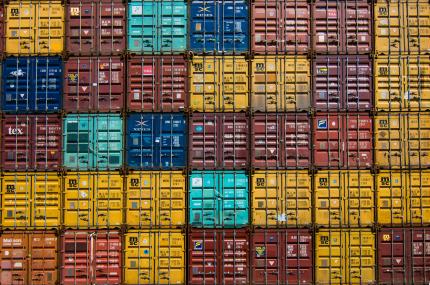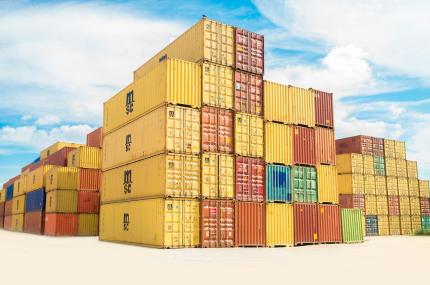Blog Detail
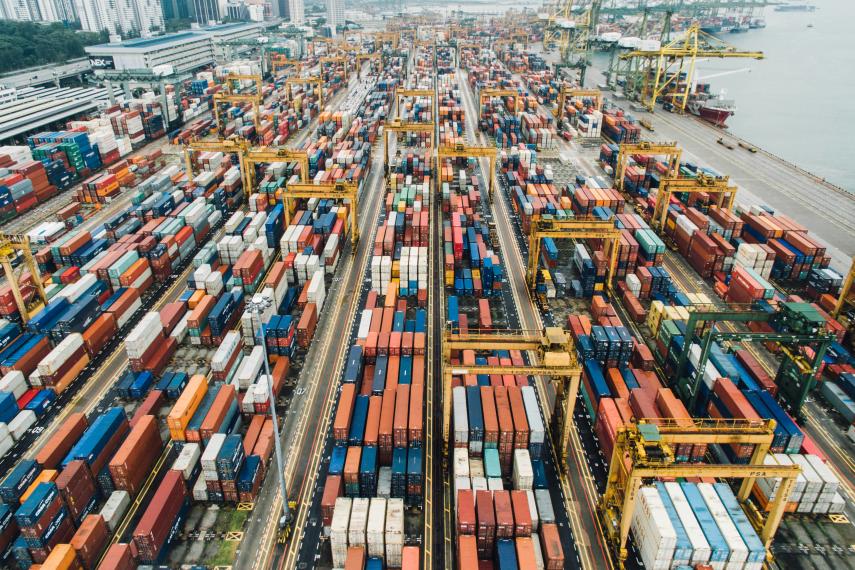
The role of container terminals in global supply chains
Container terminals are indispensable to the smooth functioning of global supply chains, acting as critical nodes where goods transition seamlessly between oceanic and inland transportation. They are not merely points of transfer; they are dynamic hubs where efficiency, technology, and logistics converge to ensure the uninterrupted flow of trade across continents. As globalization intensifies, the importance of container terminals has only grown, transforming them into key enablers of international commerce.
The primary role of container terminals lies in their ability to connect maritime routes with terrestrial logistics networks, creating a streamlined path for goods from manufacturers to end consumers. This connectivity reduces transit times and supports the intricate choreography of modern supply chains, where just-in-time delivery is a standard expectation. By enabling rapid and accurate movement of goods, container terminals play a vital part in reducing bottlenecks, minimizing delays, and maintaining the rhythm of global trade.
Moreover, container terminals are centers of efficiency, utilizing advanced technologies such as automated cranes, IoT-enabled tracking systems, and predictive analytics to optimize operations. These innovations allow for real-time visibility into cargo movements, empowering supply chain managers to make proactive decisions. This digital integration not only enhances operational speed but also builds resilience, enabling supply chains to adapt swiftly to disruptions, whether from unexpected demand surges or geopolitical events.
Beyond their logistical function, container terminals contribute to strategic inventory management. They provide temporary storage solutions that help balance supply and demand, especially in times of uncertainty. This flexibility ensures that goods are available where and when they are needed, supporting industries from retail to manufacturing. Furthermore, as sustainability becomes a cornerstone of business strategy, container terminals are playing a pivotal role in reducing environmental impacts through green initiatives such as electrified machinery and renewable energy integration.
The future of container terminals is intrinsically linked to the evolution of supply chains. As trade volumes grow and consumer expectations rise, these facilities will need to expand their capacity and embrace emerging technologies like AI-driven optimization and autonomous operations. These advancements promise not only to enhance efficiency but also to reshape how global supply chains are managed, making container terminals even more central to economic development.
In the grand narrative of global commerce, container terminals are not just transitional spaces but strategic assets that determine the success of supply chains. Their role in connecting economies, facilitating trade, and driving innovation underlines their significance as the backbone of modern logistics. For businesses navigating the complexities of the global market, the efficiency and capability of container terminals are essential factors in achieving competitiveness and meeting the demands of a rapidly changing world.
